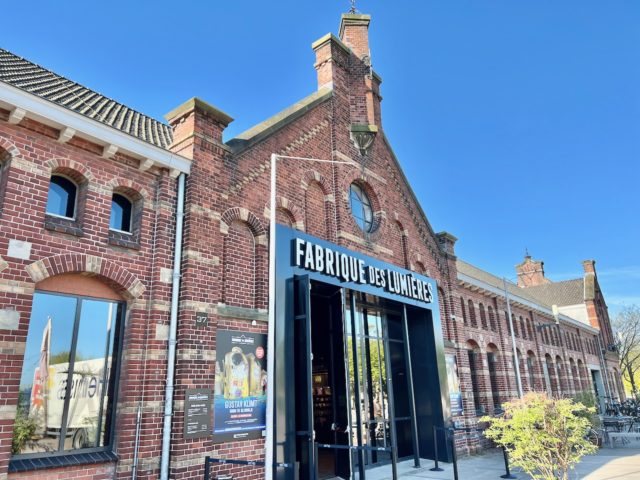Mass. House passes nearly $50 billion budget; top official calls it ‘a once-in-a-generation opportunity’
Among them: prohibiting marriages for minors and putting more scrutiny on medical examiners performing autopsies on a child under the age of 2 by requiring the chief medical examiner to sign off on any rulings or revisions to those reports.
The proposal has been pushed for years by Cambridge’s Sameer Sabir and his wife, Nada Siddiqui, whose 1-year-old daughter Rehma died in January 2013. Her nanny, Aisling Brady McCarthy, was initially charged with murder after the medical examiner’s office ruled Rehma’s death a homicide by blunt force trauma. But then, weeks before the case was set to go to trial, the assistant medical examiner made a last-minute reversal, ruling the child’s death inconclusive, possibly caused by a brain bleed of unknown cause. Prosecutors later dropped the murder charges.
A spokeswoman for the Office of the Chief Medical Examiner declined to comment on the proposal beyond saying the Baker administration would review it.
The spending plan also eliminates probation and parole fees and bumps up funding for state parks.
The final product notably did not include a tax relief component that business groups and Governor Charlie Baker have been pushing in recent weeks.
This budget “presents the Commonwealth with a unique opportunity to be forward-thinking while solving some immediate needs by investing in the middle class as we start to tackle challenges the post-COVID world has created,” House Ways and Means Chairman Aaron Michlewitz said as he presented the budget earlier this week. “This is a once-in-a-generation opportunity that allows us to build for a better future.”
Over three days, lawmakers deliberated — mostly in private — over 1,521 amendments filed to the spending bill, rejecting proposals to temporarily suspend the gas tax and provide other tax relief, and agreeing to millions in extra spending.
Rather than debating each one in public on its merits, the amendments were mostly passed — or discarded — in seven consolidated groups such as education and social services, health and human services and elder affairs, and public safety and judiciary.
The amendments totaled about $130 million in additional spending, bringing the budget from $49.6 to $49.7 billion over the course of the three-day debate.
The budget includes a $25.5 million increase in higher education scholarship funding from the last fiscal year, $500,000 for the new program to teach younger generations about killings and genocides throughout world history, and a $20 million increase in funding for the Executive Office of Labor and Workforce Development, an effort to help job seekers across the state.
The budget package, which surpasses the governor’s spending plan by well more than $1 billion, does not include a tax relief component, which the two-term Republican said would give nearly $700 million back to taxpayers in the form of new tax breaks and other reforms.
“The House budget responds to the economic challenges currently facing Massachusetts residents by balancing a focus on immediate needs such as workforce development, with a focus on long-term investments that are designed to grow our economy in a sustainable way,” House Speaker Ronald J. Mariano said in a statement Thursday.
Baker’s proposal, which he had been pressing ahead of the House’s debate, is backed by business leaders and was filed as a bill separate from his budget proposal. It is up for consideration by the Joint Committee on Revenue, where House chairman Representative Mark Cusack said the proposal is “obviously still alive.”
Baker has argued that there is enough money for the Legislature to both offer tax relief as well as spend more on the targeted programs the House prioritized in its budget.
“We can afford to give money back to the taxpayers,” Baker said at a recent news conference. “The Commonwealth is in a very unique and unusual position . . . we are currently running a budget surplus that is billions of dollars above our benchmark for the second year in a row. These are billions with a ‘B.’”
The state budget’s approval in the House is only one step in a winding process to finalize a spending plan of Massachusetts residents’ money before the next fiscal year begins on July 1. The Senate will soon propose and pass its own budget, prompting a series of negotiations between the chambers until they reach a compromise measure.
Once they do, the bill will head to the governor’s desk, where he can sign it into law or veto all or part of it, among other options.
Matt Stout of the Globe staff contributed to this report.
Samantha J. Gross can be reached at [email protected]. Follow her on Twitter @samanthajgross.







